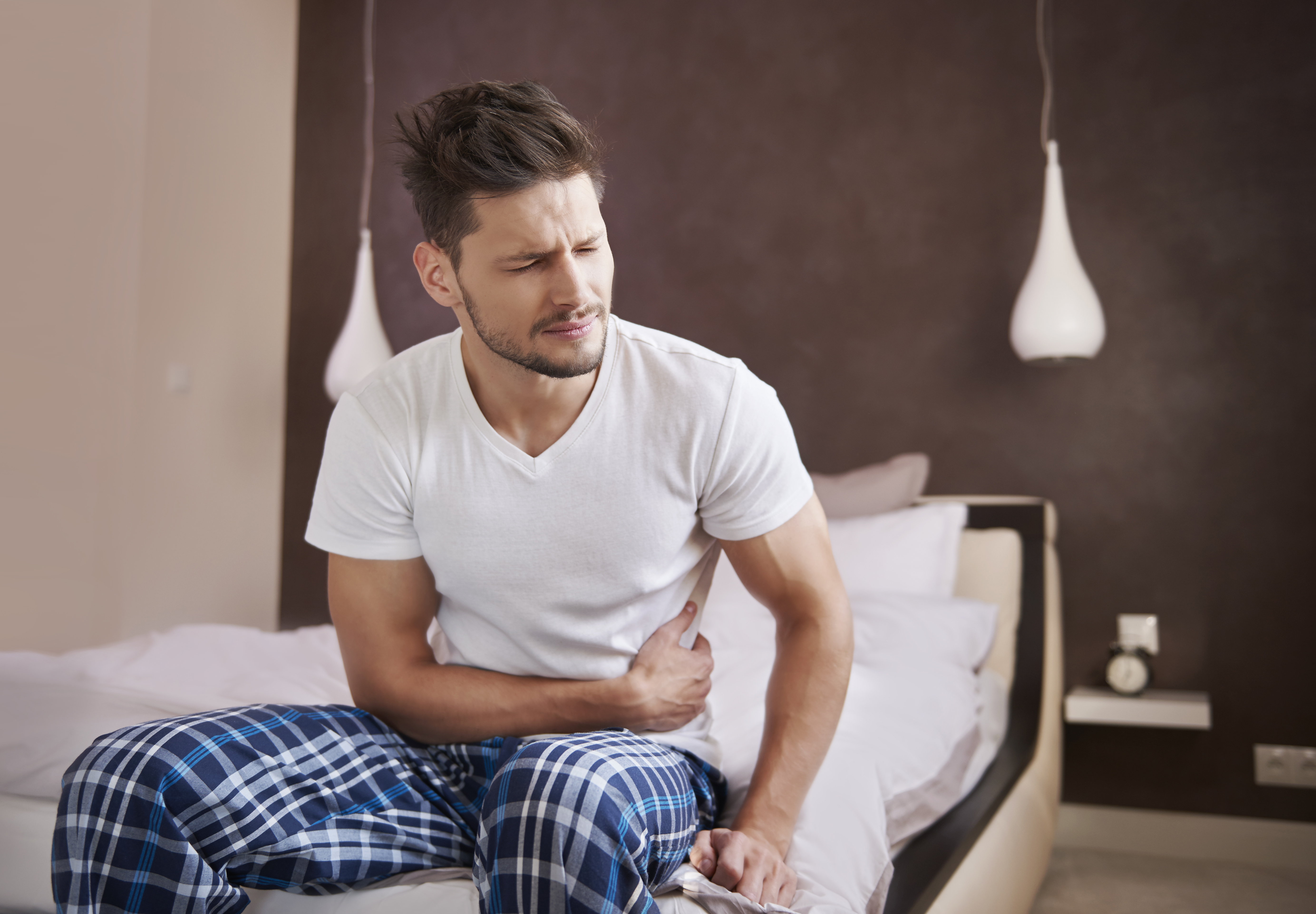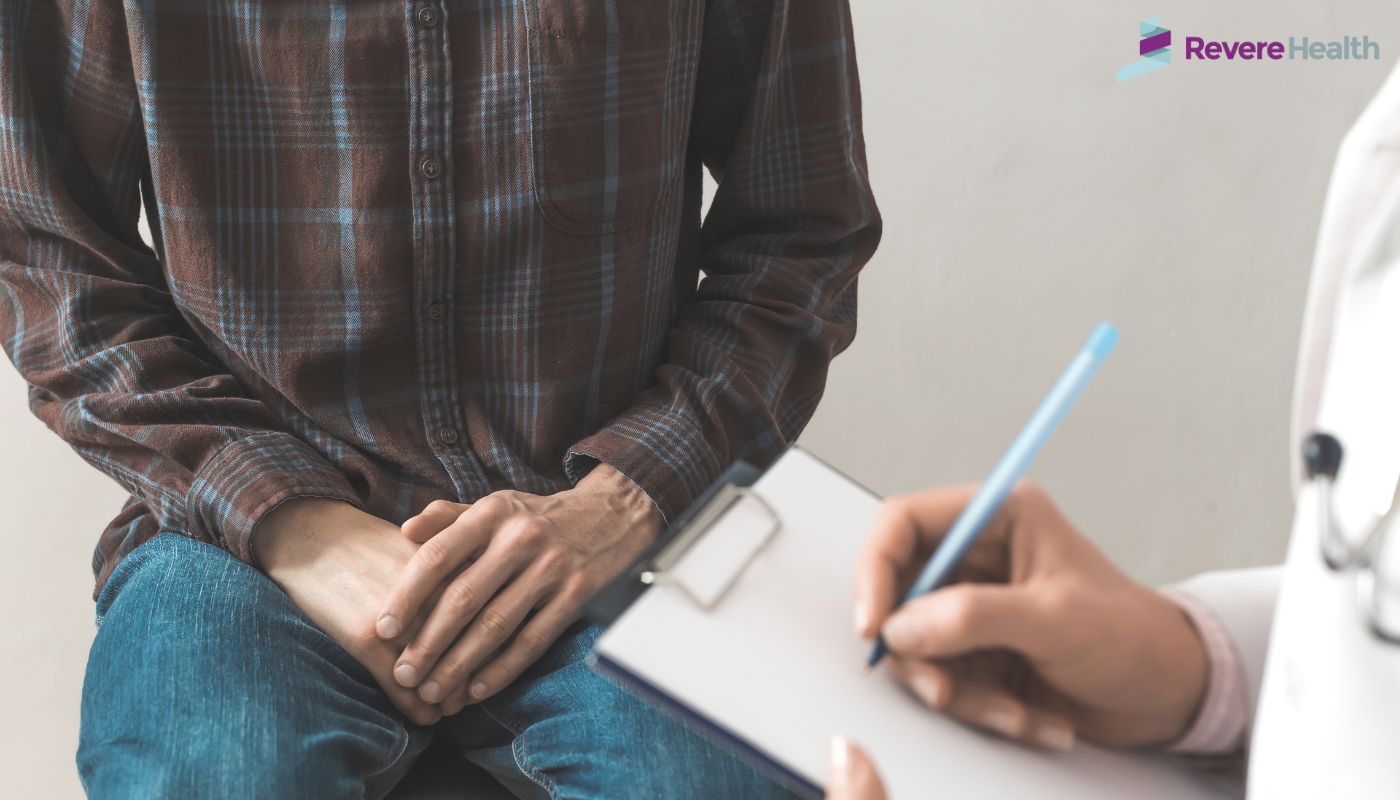BPH Prevention and Treatment

Benign prostatic hyperplasia (BPH) is the enlargement of the prostate gland. Common in older men, BPH can lead to health complications when left untreated. What is BPH? The prostate—an important male reproductive gland located under the bladder—goes through two growth phases: the first during puberty and the second around age 25. Growth typically continues in this second phase throughout the rest of adulthood. BPH is a condition in which the prostate gland enlarges enough to cause urinary problems, such as frequent urination or the inability to completely empty the bladder. Can I prevent BPH? Two common risk factors of BPH include age and family history, both of which are uncontrollable risk factors. However, there are some risk factors you can control or manage, including: Lack of physical activity Obesity Heart and circulatory diseases Type 2 diabetes Regular exercise and maintaining a healthy weight can reduce the risk of developing BPH and several other conditions (including those ...

